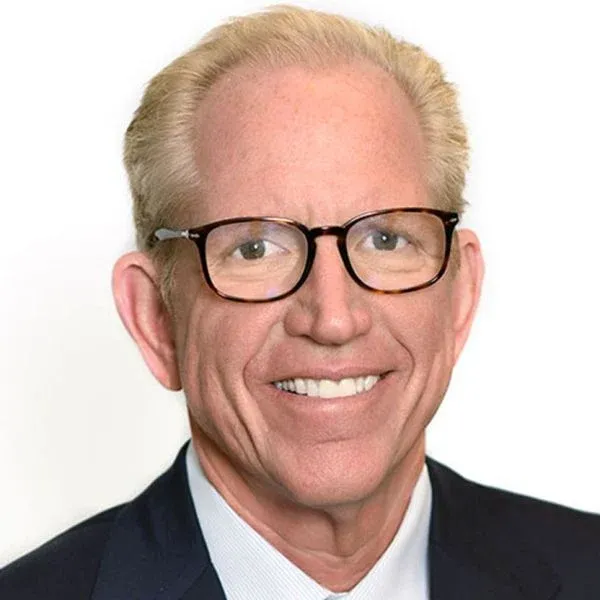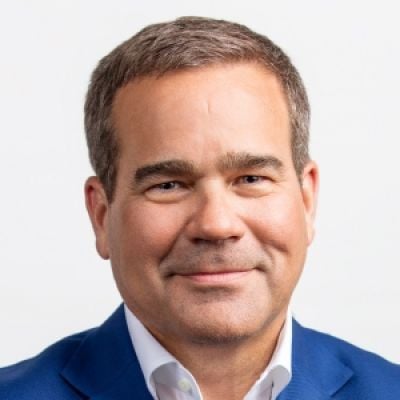
Putting the Future First
As we near the end of 2021, the uncertainty that prevailed at this time last year has hardly abated.
Many companies have had to delay their much-anticipated return to the office as the pandemic maintains its grip on societies and economies. Issues of racial injustice continue to prompt questions about whether the financial industry is doing enough to foster diversity, equity, and inclusion. The effects of climate change are becoming more evident as wildfires, hurricanes, and floods devastate communities, exacerbating inequality as the poorest members of society bear the brunt.
In short, it has been a year that offered significant opportunity for both personal and institutional reflection on environmental, social, and governance (ESG) issues.
The multiplicity of priorities is driving a single trend: the increasing urgency of ESG considerations for investors.
I recently had the opportunity at BNY Mellon’s Future FirstSM forum to hear some of my colleagues discuss what ESG meant to them. They talked about how their personal experiences of discrimination spurred them as leaders to create diverse teams, how the assistance that their families had received from nonprofits made them want to give back, and how their children’s activism influenced their thinking on climate change.
They were all powerful stories, and none of them were alike. ESG issues had meaning for each of my colleagues, and that meaning was as unique as the individual speaker.
The same is true for investors who seek to make a positive change by putting ESG issues at the center of their investment strategies. Each will prioritize different issues, such as the reduction of carbon emissions, the elimination of child labor, or the promotion of fair and equitable business practices. BNY Mellon’s ESG Data Analytics application, which uses crowdsourced data to track the ESG issues that are most critical to investors, shows how much divergence there is in priorities.
But this multiplicity of priorities is driving a single trend: the increasing urgency of ESG considerations for investors.
Tracking the Trend
A BNY Mellon survey of nearly 300 clients conducted in late 2020 showed:
-
75 percent of respondents would implement or continue to implement ESG integration over the next three to five years, compared to 46 percent who are integrating ESG today.
-
69 percent actively engage with investee companies on sustainability issues.
-
52 percent use proxy voting to influence decision-making by corporate boards on ESG matters.
Separately, our proprietary Intermediary Data & Analytics view of retail flows into various investment vehicles shows that ESG’s share of assets in ETFs increased 123 percent from the third quarter of 2019 through the second quarter of 2021. Although ESG still represents a tiny share of ETF assets—less than 2 percent—it is set for continued growth.
But, as the saying goes: What gets measured gets managed. There is equal truth in the inverse: What does not get measured effectively cannot be managed effectively. At present, the financial industry has not yet aligned on a global framework to benchmark metrics and gauge investment success, which would allow us to verify that companies are making a positive impact and creating value. In our client survey, the No. 1 issue preventing respondents from applying ESG integration methods to the management of their portfolios was a lack of high-quality ESG-related data to inform investment decisions accurately.
As in many industry-wide transformations throughout history, the excitement and rush to be out front has outpaced the infrastructure needed to govern ESG assets properly.
Making a Difference
As noted earlier, each of us seeks meaning around ESG issues in our own way. And each of us, individual and institution, can make a difference in our own way. At BNY Mellon, we put the future first by using our global reach, influence, and resources not just to power success today, but to help safeguard the future. In particular, as an orchestrator of the global financial system, we consider it our responsibility to help build the infrastructure that will allow ESG investing to realize its potential. By giving investors the data and tools to achieve their purpose in ESG investing, we are helping them to have an impact on people, communities, and the planet.

















